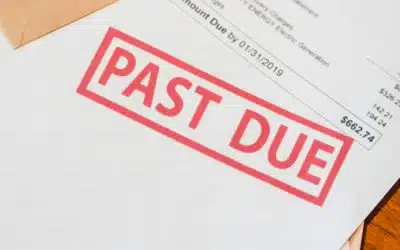Many business owners remain unclear about the liquidation process and the role of a liquidator. By understanding the circumstances that trigger liquidation and the powers of a liquidator, business owners can better navigate insolvency challenges. When Does Liquidation...
LATEST BLOGS & NEWS
Insolvency
FAQ on Corporate Insolvency
Every company intends to be financially successful, however, there are times when a company experiences financial distress. This can include being unable to make repayments on debts or where the value of the company is lower than the financial liabilities the company...
What is Insolvency and Restructuring: UK Law
Insolvency and restructuring are covered by comprehensive but complex legislation in the UK. Below are some of the most commonly asked questions about how this area of law works in practice within the UK. What is the legal definition of insolvency? There are a number...
Statutory Demands & Winding Up Petitions – targeted at debtor company
Many companies have suffered substantial financial hardship since March 2020. In recent weeks there has been significant talk of economic recovery. Although it is anticipated that businesses will resume regular trading activity in the coming weeks, there are many...
Statutory Demands & Bankruptcy – Individuals
Statutory demands can be an effective and inexpensive tool when seeking to recover an undisputed debt. It is a formal written request for a debt to be paid. However, on its own or if not executed properly a statutory demand will be ineffective. This article focuses on...
Insolvency law for businesses and individuals – How we can help
We have considerable experience in advising on all aspects of insolvency litigation, including acting for insolvency practitioners, companies, individuals and directors. Insolvency is when businesses or individuals are unable to repay their debts. It can be a...
Convertible Loan Note (CLN)
What are they?
Will they benefit me?
What are their drawbacks?
We answer your questions on CLN.
Deal Advice: You’ve signed the Heads of Terms. What could go wrong?
It’s not uncommon for sellers to think that a sale is as good as complete once the heads of terms are signed. However, signing heads of terms (also known as letters of intent or memoranda of understanding) is only the first step in starting negotiations for a sale and purchase agreement (SPA).
Corporate Insolvency for Businesses: Who said you don’t need a corporate secretary?
In challenging economic times, it is not uncommon for businesses of all sizes to find themselves in dire financial straits, which can lead to a company becoming insolvent. While insolvency is not a desirable scenario, some insolvency procedures can be the life raft a drowning company needs to get back on its feet. With this in mind, here are six key things every business owner should know when it comes to corporate insolvency in the UK.
The Powers of a Liquidator in Corporate Insolvency
Following the 2008 financial crash, there was a stream of news headlines announcing the liquidation of many well-known corporate powerhouses. Yet many business owners may still be unclear on what liquidation actually entails or what the role of a liquidator is. Here, we discuss the circumstances leading to liquidation, as well as the powers of a liquidator.
Insolvency Doesn’t Have to Mean Insolvency: What does corporate insolvency really mean?
The word ‘insolvency’ carries many frightening connotations for business owners. However, being insolvent does not necessarily mean that your company must close up shop for good. Here, we discuss how to determine whether your company is insolvent, along with some of the main insolvency options that might save your company.







